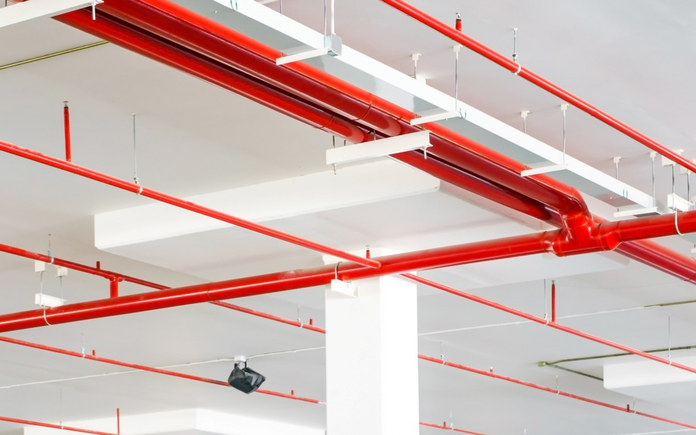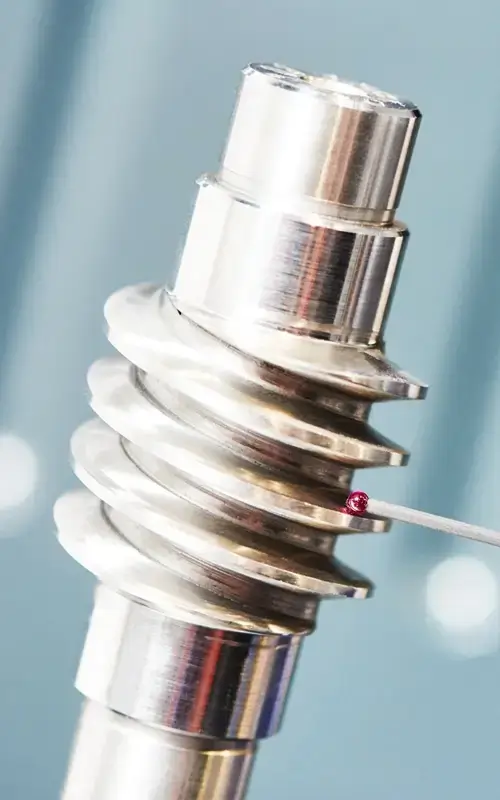With high strength and superior corrosion resistance, ULTRA 76 Plus tantalum alloy (Ta-2.5W-0.15Ru) provides multiple benefits when compared to alternative materials. This tantalum material extends equipment life, stands up in elevated operating temperatures and reduces equipment downtime.
The unique physical and chemical properties of ULTRA 76 Plus alloy are recommended for applications that require higher strength and better corrosion resistance in HCI and H2SO4 acids than pure tantalum.
ULTRA 76 Plus alloy eliminates the need for separate platinum spot welding to protect against hydrogen embrittlement. It reduces hydrogen pickup by two magnitudes over standard NRC 76 material (up to 100 times lower in HCl acid and ten times lower in H2SO4 acid).
ULTRA 76 Plus alloy ensures reliable, long-service life. Tantalum alloy is available in plate, sheet, foil, strip bar, rods and billets.
Get technical data in the ULTRA 76 Plus data sheet.
MARKETS AND APPLICATIONS FOR ULTRA 76 PLUS TANTALUM ALLOY
The unique physical and chemical properties of ULTRA 76 Plus alloy meet requirements for a broad range of markets and end-use applications. The material is recommended for applications where tantalum's physical properties are desired at a higher strength level and better corrosion resistance in HCI and H2SO4 acids than pure tantalum.
Benefits
- Superior corrosion resistance
- Minimized hydrogen embrittlement
- High strength
Applications
- Crucibles
- Heat exchangers, condensers & coils
- Thermocouple protection sheaths
- Distillation columns & boilers

